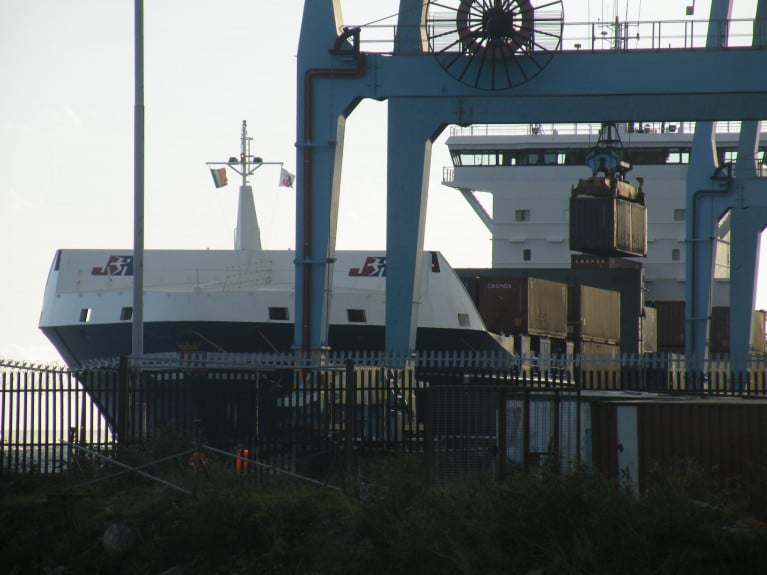Displaying items by tag: Recovery Plan
The Irish Exporters Association (IEA) has welcomed the publication of the Government’s ambitious National Economic Recovery Plan 2021.
The Association, which has long called for an economic restart plan in the wake of Covid-19, believes that the Plan is a key part to the country’s route to a future steeped in sustainable growth, trade and investment.
Yesterday’s announcement bridges the gap of uncertainty that has loomed over businesses small and large for too long and gives businesses direction for longer term planning, which has been overshadowed by world events.
Chief Executive of the Irish Exporters Association Simon McKeever commented: “Exporters have faced untold challenges over the past year with both Covid-19 and Brexit simultaneously altering supply chain operations and trading routes. Yesterday’s announcement will be met with relief, albeit challenges remain and alterations in how businesses trade may become permanent arrangements.
Ensuring that there is a balanced and inclusive recovery as set out in the Plan is appreciated. There is a real opportunity for altered working arrangements to achieve better regional development and indeed contribute to achieving national climate targets.
We particularly welcome that the Plan embraces sustainability and includes it among the four pillars. Decarbonisation is fundamental to achieving the national and indeed the EU aim of carbon-neutrality by 2050. Actions must be taken now to achieve this and the opportunity of reinvigorating the Irish economy through the National Economic Recovery Plan is an apt opportunity.”




























































